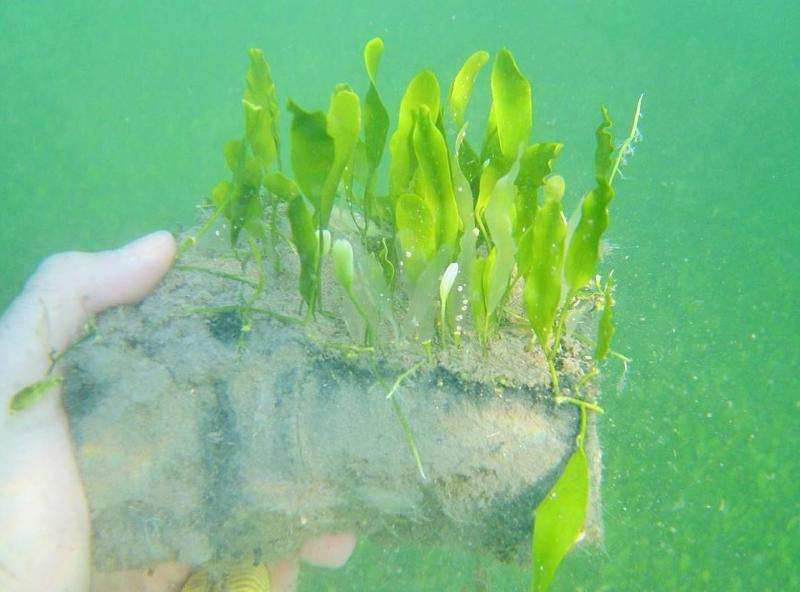Technique to put an end to bad beach smells

Researchers from the University of Alicante have developed a technique that not only eliminates the bad smells caused by the build-up of sediments on coastal shores, but also harnesses their potential as a rich habitat for flora and fauna species.
One of the big complaints of beach-goers at certain points along the Mediterranean coast is the presence of black and often strong-smelling muddy sediments on the more sheltered beaches. With little tidal action, organic matter accumulates in the shallows and ends up decomposing, turning into a black slush that does not get washed away.
Aware of the problem, researchers from the Universidad de Alicante (University of Alicante,UA) have developed a technique –currently being patented– to eliminate the bad odours, and improve the colour and slushy appearance of these sediments, for use on beaches and in ports, where these sediments accumulate.
A proof of concept grant from the UA's Vice-Rectorate for Research, Development and Innovation, and collaborations with local business Route Pont S.L. and Denia Town Council, mean that field testing has already begun along a stretch of this region's coastline.
"Results in the lab have been very good and we are now implementing our technique on a larger scale. We want it to be viable, economically and otherwise, for use on beaches where the first few metres are home to these anoxic sediments. In reality they are few and far between along the Spanish coast, but their negative impact is significant", explains César Bordehore, member of the UA's Multidisciplinary Institute for Environmental Studies (IMEM) and professor at its department of Ecology.
Working alongside María del Mar Cerdán and Antonio Sánchez from the UA's department ofAgro- and Biochemistry, he adds: "Treating this organic matter […] will also increase the ecological potential of the sediments to host fauna and flora populations".
The use of this technique in the port setting offers other economic and environmental advantages, enabling the recovery and return of these sediments to the beach, rather than disposal at sea.
It can also potentially be used in similar, non-coastal contexts where organic matter builds up, such as rivers, rias or estuaries.
Provided by Asociacion RUVID




















